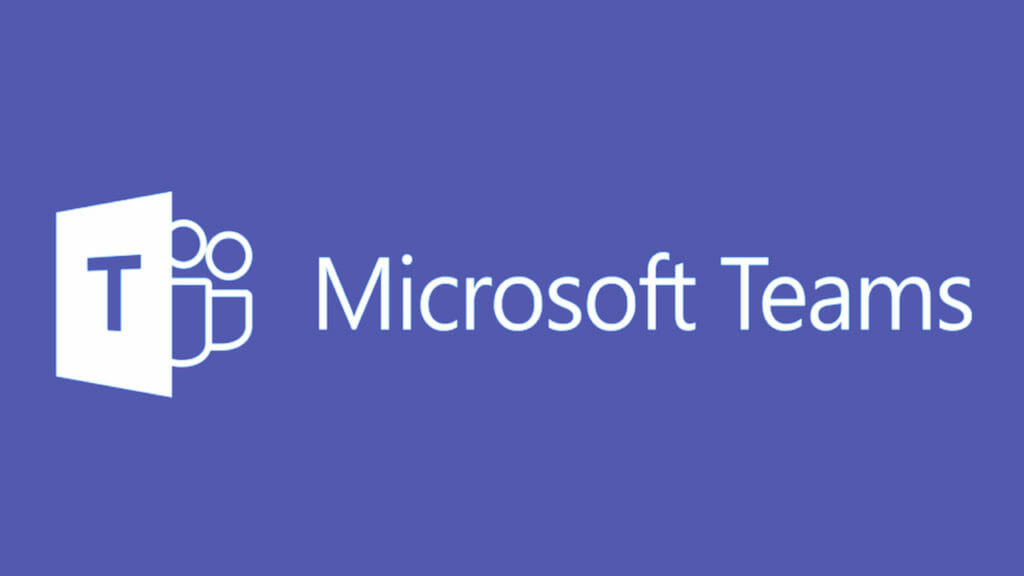Microsoft Teams Will Soon Block Screen Capture During Meetings

In an era where remote work and virtual meetings have become the new normal, protecting sensitive information has become more critical than ever. Recognizing this need, Microsoft is introducing a significant privacy-focused update to Microsoft Teams — a feature that blocks screen captures during meetings. This update is especially relevant for U.S.-based businesses, healthcare providers, legal professionals, and government organizations where data security is paramount.
What Is the New Feature All About?
According to official Microsoft announcements, Teams will soon incorporate built-in protection that prevents screen capturing during meetings. This is part of a broader initiative to enhance privacy and security for Teams users, especially when confidential data is being discussed or displayed.
The feature will initially roll out as part of Microsoft Teams Premium and will be integrated with Microsoft Intune Mobile Application Management (MAM) policies. It aims to protect sensitive content from being copied, recorded, or redistributed without permission — a growing concern among enterprise and education sectors in the United States.
Why This Matters for U.S. Businesses and Institutions
U.S. companies are frequently targeted for intellectual property theft, and sensitive internal communications are often the first vulnerability exploited. In sectors such as finance, law, and healthcare, unauthorized disclosure of meeting content could result in regulatory violations, legal consequences, and loss of consumer trust.
By blocking screen captures, Microsoft is addressing a long-standing gap in virtual meeting security. This move aligns with U.S. compliance frameworks like HIPAA, FINRA, and CCPA, which emphasize protecting personal and business data from unauthorized access and sharing.
How Will It Work?
Currently, Microsoft is rolling out this functionality primarily through two methods:
- Watermarking: For users on Teams Premium, meetings can include watermarks over shared content and video feeds. These watermarks display the participant’s email address, making screen captures easily traceable.
- Screen Capture Blocking on Mobile: On iOS and iPadOS devices managed via Microsoft Intune, screenshots and screen recordings of Teams meetings will be actively blocked, rendering them blank.
It is expected that similar controls may eventually be extended to desktop platforms, especially for Intune-managed Windows and macOS devices.
Who Benefits from This Feature?
This update will particularly benefit:
- Government agencies conducting secure virtual briefings
- Healthcare organizations handling sensitive patient data
- Legal firms discussing client confidentiality matters
- Corporate boardrooms sharing confidential strategy or financial information
- Educational institutions delivering proprietary course material
Limitations to Keep in Mind
While this feature is a major step forward, there are limitations:
- The feature may not prevent the use of external cameras to record the screen.
- Watermarking disables some viewing features like Together Mode and meeting recordings.
- Full functionality may only be available to Teams Premium subscribers.
Impact on User Experience
For some users, the screen capture restriction may feel like a trade-off between usability and security. However, for industries where data protection outweighs convenience, this trade-off is likely to be well accepted.
Additionally, the feature can build greater trust between organizations and their clients or partners, reinforcing Microsoft’s commitment to enterprise-grade security.
What This Means for the Future of Virtual Meetings
As virtual collaboration becomes increasingly mainstream in the United States, the need for airtight digital security measures will only grow. Microsoft’s move to block screen capture in Teams is a proactive response to emerging threats — and one that sets a precedent for other collaboration platforms to follow.
By incorporating security by design, Microsoft is helping U.S. organizations adopt virtual communication tools without sacrificing confidentiality or compliance.
Conclusion
Microsoft’s upcoming feature to block screen captures during Teams meetings is a timely and forward-thinking innovation that addresses modern privacy concerns. With U.S. businesses facing mounting security threats and regulatory scrutiny, this feature could become an indispensable part of every organization’s virtual communication toolkit.
If you’re in the United States and rely on Microsoft Teams for internal or client-facing meetings, now is the time to explore how Teams Premium and Microsoft Intune can elevate your security posture.
Stay tuned to FixTheRisk.in for the latest updates on cybersecurity tools and best practices for U.S. businesses.
Related posts:
- Automating Python Uninstallation with PowerShell
- Roundcube Webmail Persistent Cross-Site Scripting (XSS) Vulnerability
- Internet Shortcut Files Security Feature Bypass Vulnerability
- Jenkins Core Remote Code Execution Vulnerability (CVE-2024-23897)
- Birthday attacks against TLS ciphers with 64bit (Sweet32)
- [Solved] Windows Speculative Execution Configuration Check Vulnerabilities
- [Solved] CVE-2024-12686 BeyondTrust Privileged Remote Access (PRA) and Remote Support (RS) OS Command Injection Vulnerability
- CVE-2025-23040: GitHub Desktop Credential Leak Vulnerability (GHSA-36mm-rh9q-cpqq)
- [Solved] Windows Cached Logon Credentials Vulnerability
- [Solved] Curl Exposure of Sensitive Information Vulnerability (CVE-2025-0167)
